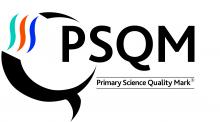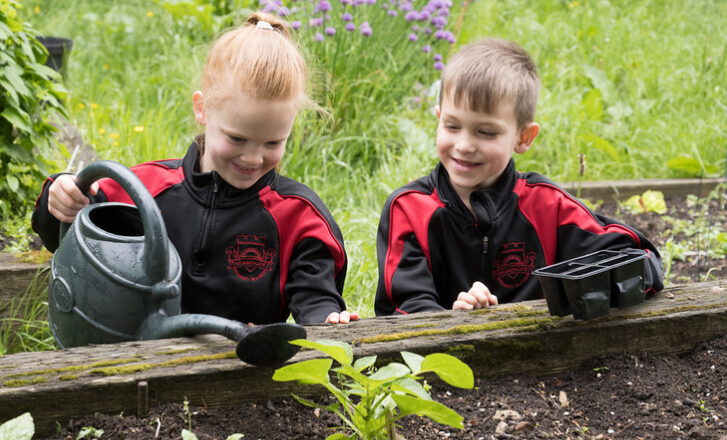Science
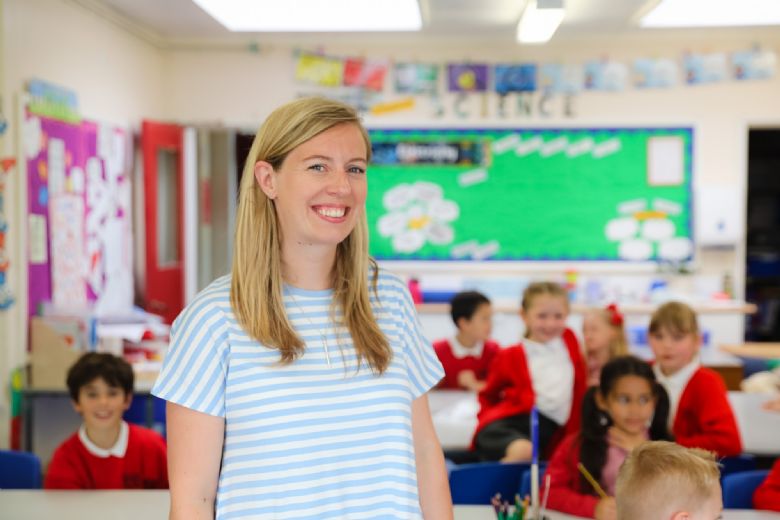
![]()
Welcome to Science:
Subject coordinators: Mrs Hurst and Mrs Lawson
At Bramhope Primary School, we believe that science promotes children's curiosity. It gives them the opportunity to ask scientific questions about their learning and investigate the unknown and unexpected.
We are delighted to have been awarded the Gilt Primary Science Quality Mark for Subject leadership, teaching and learning. We are also a member of the Ogden Partnership which aims to promote the teaching of physics in primary schools.
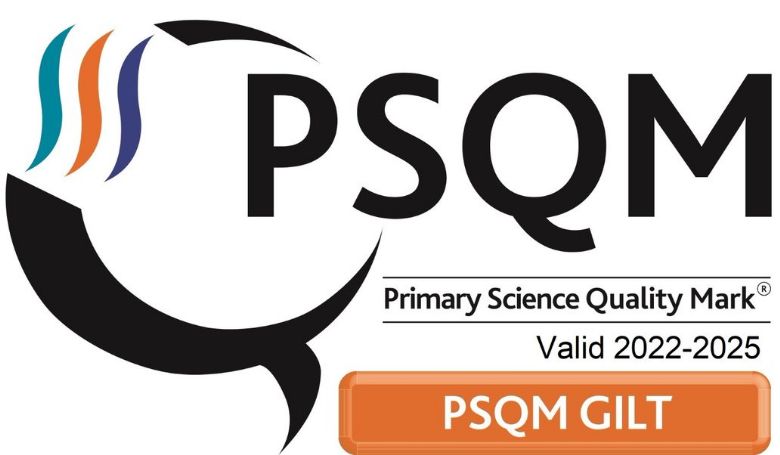

We have 5 core principles that underpin our learning:
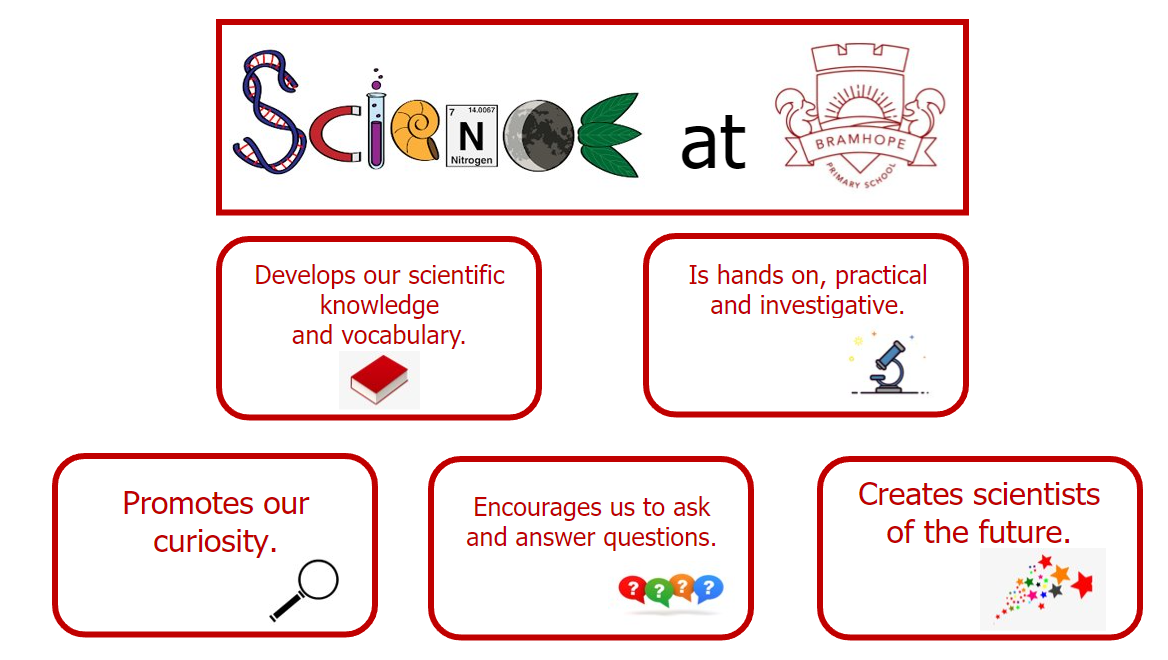
We want children to be inquisitive and to gain scientific knowledge that will prepare them for the next stage of their education. Teaching enables children to develop an understanding of key scientific knowledge building on their previous knowledge and experiences, and encourages the use of scientific vocabulary. Science includes practical investigations, visitors, whole school events and cross curricular links to make it real and relevant for the children. Our children learn about diversity in science and make links in their learning with scientific careers to broaden their understanding of science in the real world.
What makes Science different at Bramhope?
Science at Bramhope reflects our whole school vision and school motto: Belong, Be your best, Be Bramhope.
Our curriculum has been designed with our children and setting in mind. We make use of our vast and varied outdoor areas. We use the wider community to develop our children’s understanding of science capital, drawing on our many parents who have STEM careers. Our children get to experience science hands-on through workshops and residentials.
What are lessons like?
Science is taught at Bramhope as stand-alone lessons. Cross curricular links are made where possible. We endeavour to teach key scientific skills to our children through a knowledge rich program of study, seeking to deepen children’s understanding of the world around them. Teachers are aware of prior and subsequent learning. They create lessons that build upon prior knowledge and skills and contribute to successful learning in future weeks and months. Each science lesson begins in the same way with a focused knowledge and vocabulary retrieval activity. This supports children’s recall of facts and understanding of vocabulary. Every lesson, children discuss our core principles, making links to their learning. In addition, each lesson also has a scientific enquiry focus. Teachers plan activities that develop children’s skills within each focus area.
Children learn through:
- Practical and investigative activities - where independence is developed as they move through school.
- Outdoor learning - where we make use of our fantastic school site and the area in which we live. (click here for our school garden calendar)
- Questioning - children are challenged to deepen their understanding and challenge their findings. Research tasks – secondary sources allow them to answer questions they have and develop their knowledge.
- Visits and visitors – we aim to enrich our curriculum and give children first-hand experiences and the chance to develop their science capital.
Children learn how to become scientists. Teachers ensure that children understand how their lesson fits into science in the wider world and make links with STEM careers when possible.
Science in EYFS
We use the EYFS Curriculum to support children’s understanding of Science through the planning and teaching of ‘Understanding the World.’ Children find out about objects, materials and living things using their senses and look at similarities, differences, patterns and change. We encourage curiosity and explorative play, and children ask questions about why things happen and how things work. When possible we link science with stories and children are encouraged to test ideas and make predictions.
Our children are encouraged to use the outdoor environment around them to explore. Children enjoy spending time outdoors exploring mini-beasts and their habitats, observing the changing seasons, growing plants and learning about animals.
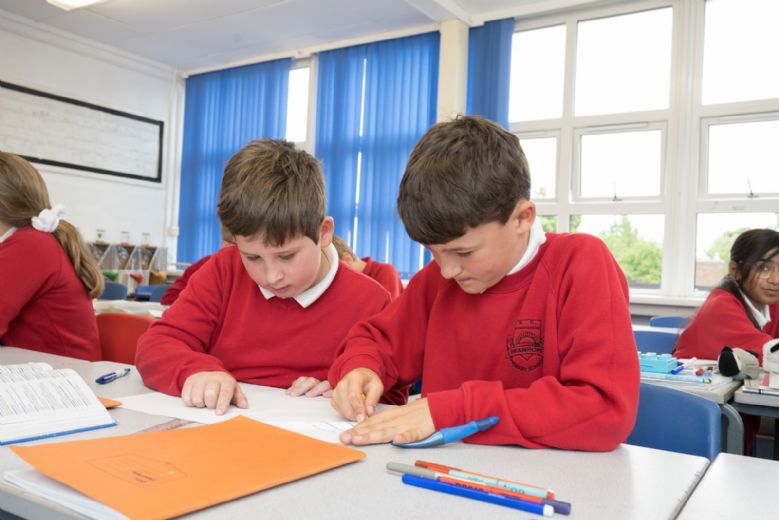
What do we mean by progress?
Progress in all subjects is measured through a child’s ability to know more, remember more, and explain more. Our curriculum is designed to build on prior knowledge and skills. Our aim is for children to leave Bramhope as independent scientists, ready to tackle the next stage of their education. In science, our long-term plans show what the children will have learnt before. However, teachers also understand that children have prior knowledge from outside of school, and they aim to build upon this. Children learn new vocabulary and are challenged to remember previously learnt vocabulary each lesson. As they move through school, they will increasingly be able to make links with prior learning. Furthermore, opportunities to recall previous knowledge are built into every lesson. This may involve activities such as quizzes, discussion or practical activities. Follow the links in the 'Curriculum Documents and Useful Links' section below to access our long term plans, including our knowledge overviews which detail the essential knowledge, vocabulary and learning sequence for each unit.
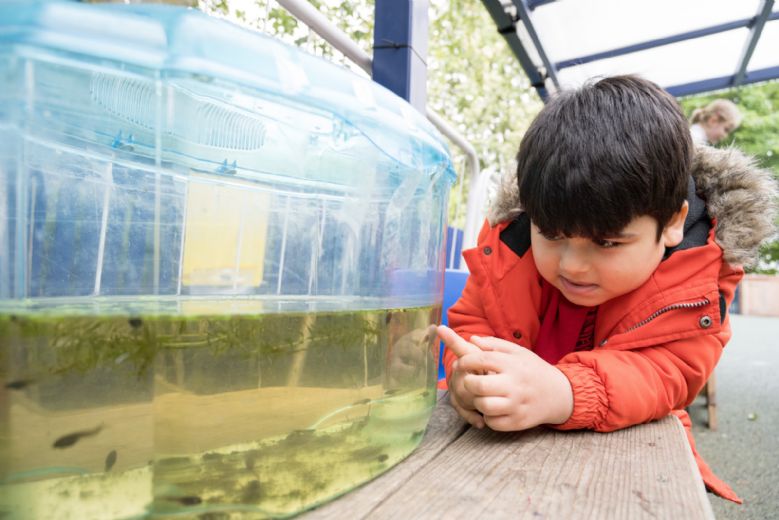
What do we mean by assessment?
Assessment at Bramhope relates to the National Curriculum requirements of both scientific knowledge and the skills of working scientifically.
Assessment takes place in 3 main ways.
Short-term assessments
Each lesson, teachers use formative assessment strategies to identify pupils' strengths and next steps. This may involve informal assessments using a range of activities such as questioning, quizzes, mind maps, and concept cartoons to assess understanding and identify and correct any misconceptions. This allows teachers to adapt their planning or carry out 1:1 intervention if needed.
Medium-term assessments
At the beginning of a topic, teachers use topic tests to check children’s understanding of the essential knowledge to help individual pupils during the unit being taught. Same day interventions are built into the lesson to ensure no pupil is left behind.
Long-term assessments
At the end of each year, reports are sent to parents with a summative judgement for science. Summative judgements are made by the class teacher based on their knowledge of the pupil throughout the year. They are then shared with the child’s teacher for the following year. Statutory assessment in science is submitted by teachers in Year 6, using the information that has been gathered throughout the key stage.
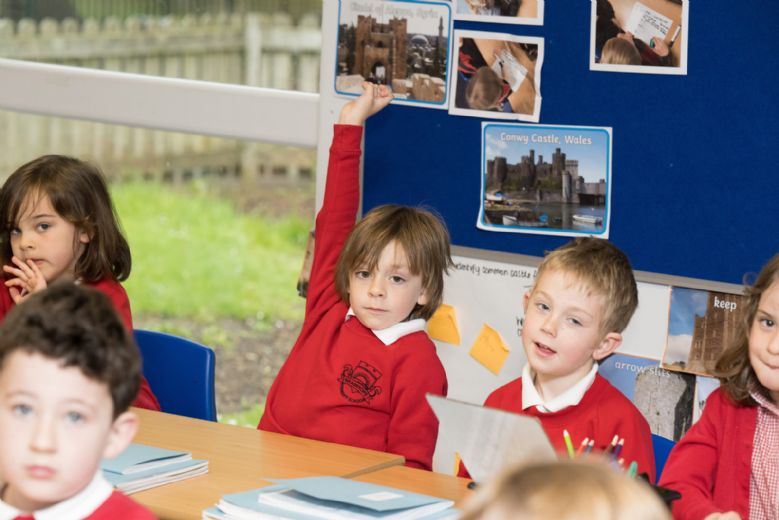
CURRICULUM DOCUMENTS AND useful links
PLAN Progression working scientifically skills
Science Long Term Plan - all year groups
Reception- Science Knowledge Overview
Year 1- Science Knowledge Overview
Year 2- Science Knowledge Overview
Year 3- Science Knowledge Overview
Year 4- Science Knowledge Overview
Year 5/6- Science Knowledge Overview (previous document- mixed age classes)
Year 5- Science Knowledge Overview- new working document
We are proud to hold a Primary Science Quality Mark® Award (PQSM) for our commitment to excellence in science teaching and learning through science subject leadership awarded in September 2022.
